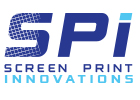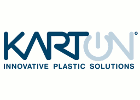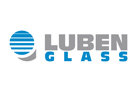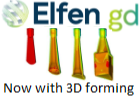- The pilot project has enabled the production of 18.3 million glass bottles using 230 tonnes of biomass slag.
- This collaboration with Acciona Energía not only optimises the manufacturing process, but also sets a standard for sustainability in the sector.
Vidrala, a leading company in the design and manufacture of sustainable glass containers, has undertaken an innovative pilot project in Spain in collaboration with Acciona Energía, focused on the reuse of biomass slag in the production process of 18.3 million glass bottles.
Vidrala is the parent company of leading UK glass container manufacturer and bottle filler Encirc.
The pilot used 230 tonnes of biomass slag generated during the combustion of biomass at Acciona’s renewable electricity generation plant in Briviesca, Burgos. The waste generated from the burning of biomass is known as ‘slag’.
This material contains a high percentage of silica, a key component in glass manufacturing. Its reuse has significantly reduced the need for silica sand and replaced part of the sodium carbonate, optimising the production process and reducing the environmental footprint.
Following a research and testing process for slag treatment, the process has been successfully adapted, meeting all the strength and durability requirements characteristic of glass bottles produced through the usual process. The slag treatment was carried out in Asturias, while the bottles were manufactured at the Aiala Vidrio plant in Llodio in northern Spain.
The reuse of biomass slag contributes to Acciona Energía’s goal of giving a second life to waste and by-products derived from its activities, while promoting the circular economy and reducing CO2 emissions. This represents a clear example of industrial symbiosis between its business lines.
For Vidrala, this breakthrough strengthens its commitment to sustainability and the circular economy by promoting innovative solutions that minimise the use of natural resources and enhance the reuse of industrial by-products.
Galo Álvarez, Vidrala’s Sustainability Director, stated: “This project demonstrates the immense potential of collaborations between leading companies like Acciona and Vidrala to drive sustainability in the glass industry. By incorporating by-products such as biomass slag into our production process, we not only reduce the use of virgin raw materials but also decrease our environmental footprint, fostering a more efficient production model aligned with the circular economy. At Vidrala, we are convinced that these kinds of initiatives are key to ensuring a more sustainable future for the entire industry.”
Fiacre O’Donnell, Sustainability Director at Encirc added: “This is a great initiative by our parent company and an example of the determination within our entire company to find sustainable solutions to the glass manufacturing process.”
























